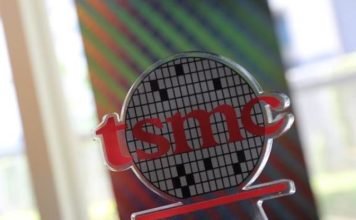Femtocell
services are currently available in 23 countries around the world, 43 percent
of which have multiple operators offering the technology.
This growth
in markets with multiple femtocell offerings was found to be driving free
femtocell offers from operators. The majority of countries with consumer
femtocell offerings include at least one operator who offers the devices free
of charge. Currently, subscribers in France, Japan, Russia and the United
States have access to free femtocells.
The growth
in free femtocell offers is being driven by the falling costs of femtocell
technology as economies of scale and competition increase. Over the past
quarter, important progress has been made in the evolution of femtocell
chipsets with new launches from Cavium, Freescale, Qualcomm and Texas
Instruments. These join existing chipset vendors Broadcom, DesignArt,
Picochip and Mindspeed.
“We are
seeing evidence that once one operator deploys femtocells in a market there is
strong pressure on its competitors to offer a rival service. This competition
is in turn starting to drive free femtocell offers as operators look to
differentiate their services. These free offers have become commercially viable
as the costs associated with femtocells start to fall due to vendor competition
and economies of scale,” said Dimitris Mavrakis, principal analyst at Informa
Telecoms & Media.
New
femtocell deployments in the past quarter include Vodafone Netherlands,
Vodafone Czech Republic, Vimpelcom in Russia and Cosmote in Greece. There are
currently 36 femtocell deployments globally, 14 further commitments, and, as of
June 2011, in excess of 2.3 million femtocells active both privately in homes
and offices, as well as publically in metropolitan and rural environments.
There are
more 3G femtocells than conventional 3G base stations globally and Informa
forecasts growth to continue with 48 million access points in use globally by
2014. Eight of the top 10 mobile operator groups (by revenue) offer femtocell
services this includes AT&T Group, France Telecom Group, NTT DOCOMO
Group, Sprint, Telefonica Group, Deutsche Telecom Group, Verizon Wireless and
Vodafone Group.
Recently,
Mobile Experts announced that multi-core processors, transceivers, amplifiers,
filters, and TCXOs will see unprecedented growth in HetNet small cells, with
market size growing at more than 50 percent per year.
The
small-cell market is shifting from coverage applications to capacity
applications. The average selling prices of semiconductors such as processors
and power amplifiers will be increasing over the next few years, due to rapid
growth in high-capacity, carrier-class small cells.
Mobile
operators are focusing more attention on carrier femtocells and picocells to
boost capacity in high-density urban areas. The high reliability and
interoperation of these capacity cells will drive the industry to use a
different group of semiconductor vendors and different software solutions.
By
Telecomlead.com Team
[email protected]





